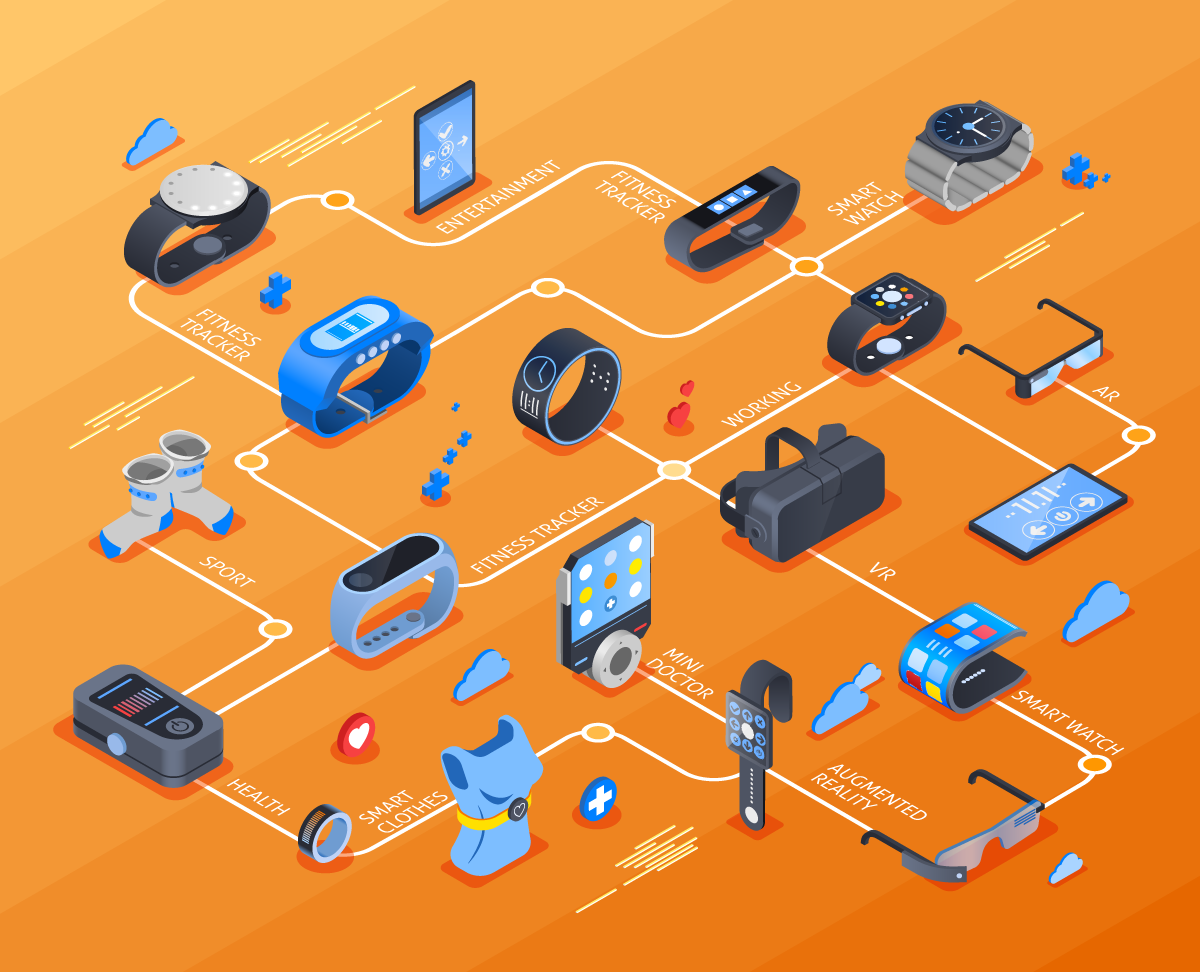Legal framework for wearables at work
Wearable sensor devices, also known as wearables, can help employers and employees in the workplace. By taking measurements of, for example, heart rate and perspiration as well as exposure to noise or hazardous...
Centre of Expertise Digital Operations & Finance

Wearable sensor devices, also known as wearables, can help employers and employees in the workplace. By taking measurements of, for example, heart rate and perspiration as well as exposure to noise or hazardous substances, wearable sensors can help reduce risks to health and safety and boost well-being in the workplace. But it also means that in doing so, the wearables (and the employers often too) collect and process a lot of personal data. As a result, the use of wearables in the workplace risks creating friction between employees' rights to privacy and data protection and employers' legal duty of care.
This is why lecturer-researcher Stefania Marassi is doing her PhD on how current European policy and legal frameworks deal with the legal and ethical challenges created by this emerging technology. Specifically, this involves frameworks around:
-
Data protection and analysis (e.g. the General Data Protection Regulation and Proposed Artificial Intelligence Act);
-
Occupational health and safety (e.g. the Occupational Safety Framework Directive);
-
Promoting well-being at work.
Her PhD research ‘Wearables in European Workplaces: A Saviour of Workers' Health, Safety and Wellbeing or a Peril for the Rights to Data Protection and Privacy?’ is funded by the Dutch Research Council (NWO) Doctoral Grant for Teachers.
Research purpose
With the increasing use and capabilities of wearables in the workplace, regulators, policymakers and academia need guidance on how these devices can be used to ensure the health, safety and well-being of workers in line with European data protection and privacy principles. This research will help outline a legal framework that allows wearables to be used in the workplace according to European legislation.
Research
Marassi chose this topic because it is interesting and crucial: wearable sensor devices could be used as tools to protect workers' health and safety, a right that the International Labour Organisation recently included in its list of fundamental rights. However, their use in the workplace must also comply with privacy and data protection laws.
In the study, Marassi maps both the current state of play and future opportunities in the field of wearables at work. In addition, she identifies the key legal issues surrounding the use of wearable technology at work. And she looks at how the current European legal and policy frameworks interact if employers indeed want to use wearables at work.
This research is part of the smart health research line of the Smart Sensor Systems research group. In this cluster, the research group investigates how to prevent people from experiencing health effects due to exposure, e.g. 5G and health (www.nextGEM.eu) and air quality.
Intended duration of the project
February 2022 – March 2027
Finance
This project is funded by a Doctoral Grant for Teachers from the Dutch Research Council (NWO).
Researcher
Stefania Marassi, [email protected]
Marassi is supervised by Professor Gerrard Boot (PhD supervisor, Leiden University)
Professor Frank Hendrickx (second PhD supervisor, KU Leuven)
Dr Yvonne Erkens (co-supervisor, Leiden University) and Dr John Bolte (co-supervisor, THUAS).